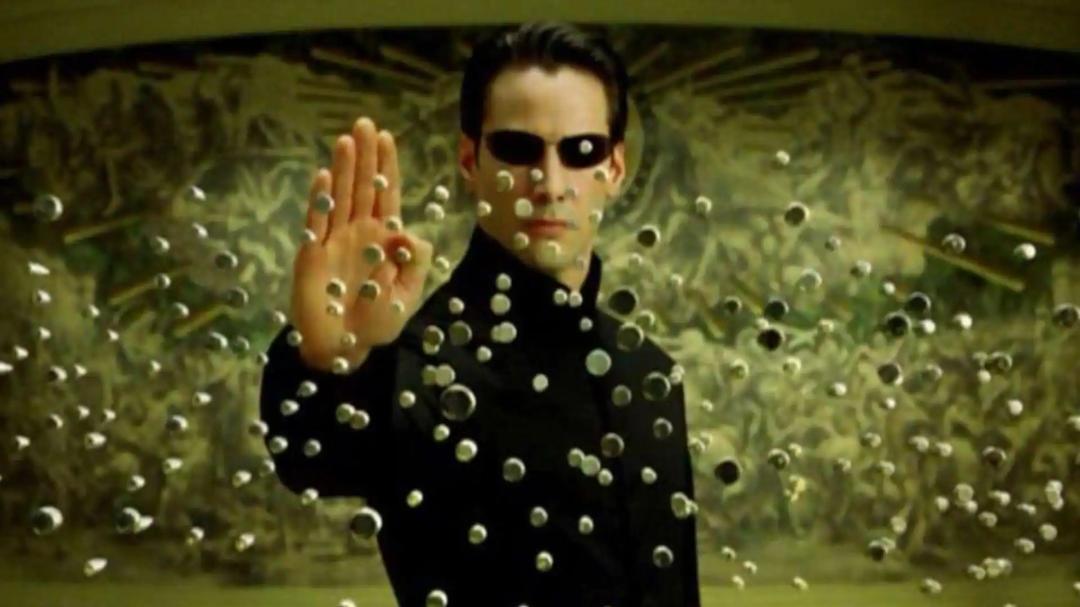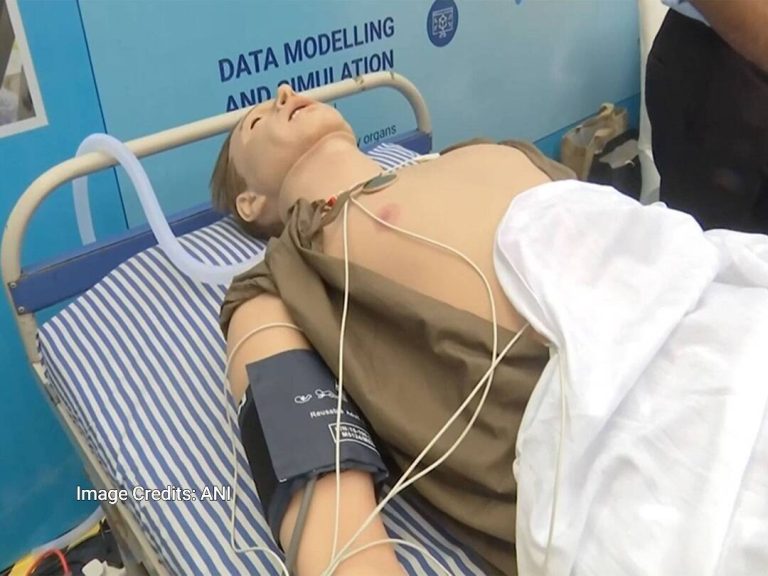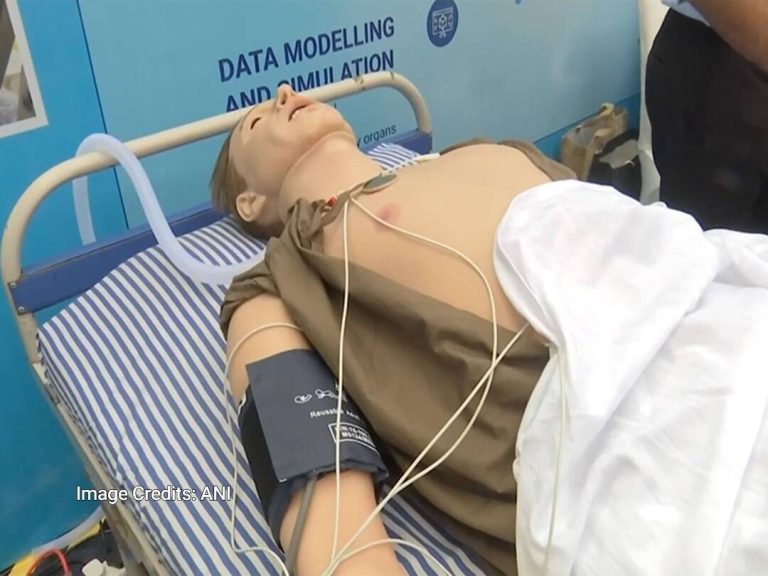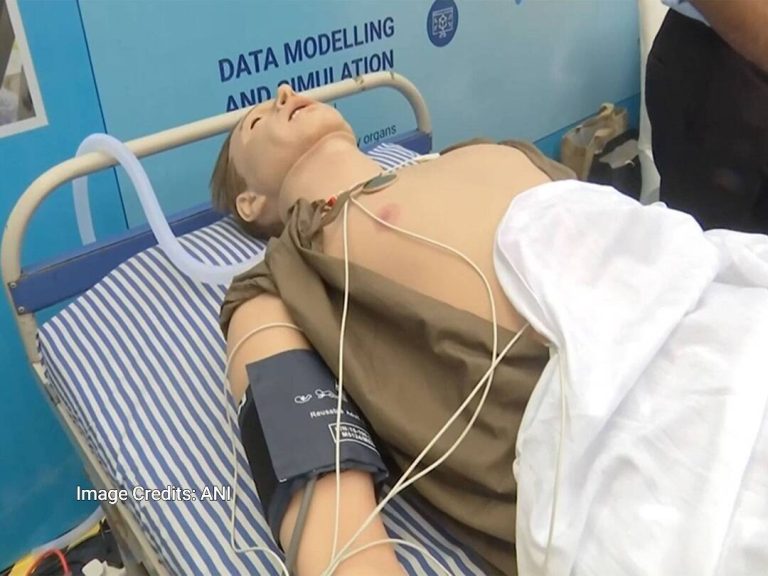
Physicists prove universe isn’t a computer simulation like in ‘The Matrix’
The idea that our universe is a computer simulation, popularized by the iconic sci-fi movie “The Matrix,” has been a topic of debate among physicists and philosophers for years. However, a recent study by physicists from the University of British Columbia Okanagan (UBCO) has mathematically proved that this notion is unlikely to be true. According to a press release, the researchers have shown that the universe is built on “a type of understanding that exists beyond the reach of any algorithm,” rather than being a complex computer simulation.
The concept of the universe being a computer simulation suggests that our reality is a sophisticated program created by a more advanced civilization. This idea has been explored in various fields, including philosophy, physics, and computer science. However, the UBCO study debunks this idea by demonstrating that the fundamental laws of physics cannot be contained within space and time, as they generate them.
The study’s co-author stated, “Fundamental laws of physics cannot be contained within space and time, because they generate them.” This statement highlights the limitations of algorithms and computer simulations in replicating the complexity and intricacy of the universe. The researchers argue that the universe is based on a deeper understanding that transcends the capabilities of any algorithm, making it unlikely to be a simulation.
The idea of the universe being a simulation has been around for decades, with some scientists and philosophers proposing that it could be a possibility. However, the UBCO study provides a mathematical proof that challenges this notion. The researchers used advanced mathematical techniques to demonstrate that the universe is governed by laws that cannot be reduced to a set of algorithms or computer programs.
The implications of this study are significant, as they challenge our understanding of the nature of reality. If the universe is not a simulation, then what is its true nature? The researchers suggest that the universe is based on a type of understanding that exists beyond the reach of any algorithm, which raises more questions about the fundamental laws of physics and the nature of reality.
The study’s findings also have implications for the field of artificial intelligence, as they highlight the limitations of algorithms and computer simulations in replicating complex systems. The researchers argue that while algorithms and simulations can be useful tools for understanding certain aspects of the universe, they are ultimately limited by their inability to capture the full complexity and intricacy of reality.
In conclusion, the UBCO study provides a significant challenge to the idea that the universe is a computer simulation. By mathematically proving that the fundamental laws of physics cannot be contained within space and time, the researchers demonstrate that the universe is built on a deeper understanding that transcends the capabilities of any algorithm. While the study’s findings raise more questions about the nature of reality, they also highlight the limitations of algorithms and computer simulations in replicating complex systems.
The study’s co-author noted that the findings have significant implications for our understanding of the universe and its underlying laws. “Our study shows that the universe is a much more complex and intricate place than previously thought,” they said. “The laws of physics are not just a set of rules that govern the behavior of particles and objects, but are instead a fundamental aspect of the universe itself.”
The UBCO study is a significant contribution to the ongoing debate about the nature of reality and the universe. While the idea of the universe being a simulation is an intriguing one, the researchers’ findings provide a compelling argument against this notion. As we continue to explore and understand the universe, studies like this one remind us of the complexity and intricacy of reality, and the limitations of our current understanding.
In the end, the UBCO study is a testament to the power of human curiosity and the importance of continued exploration and research. As we strive to understand the universe and its underlying laws, we are reminded of the vast mysteries that still remain to be uncovered. The study’s findings may not provide all the answers, but they certainly raise important questions about the nature of reality and our place within it.





